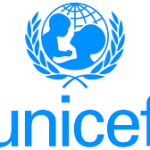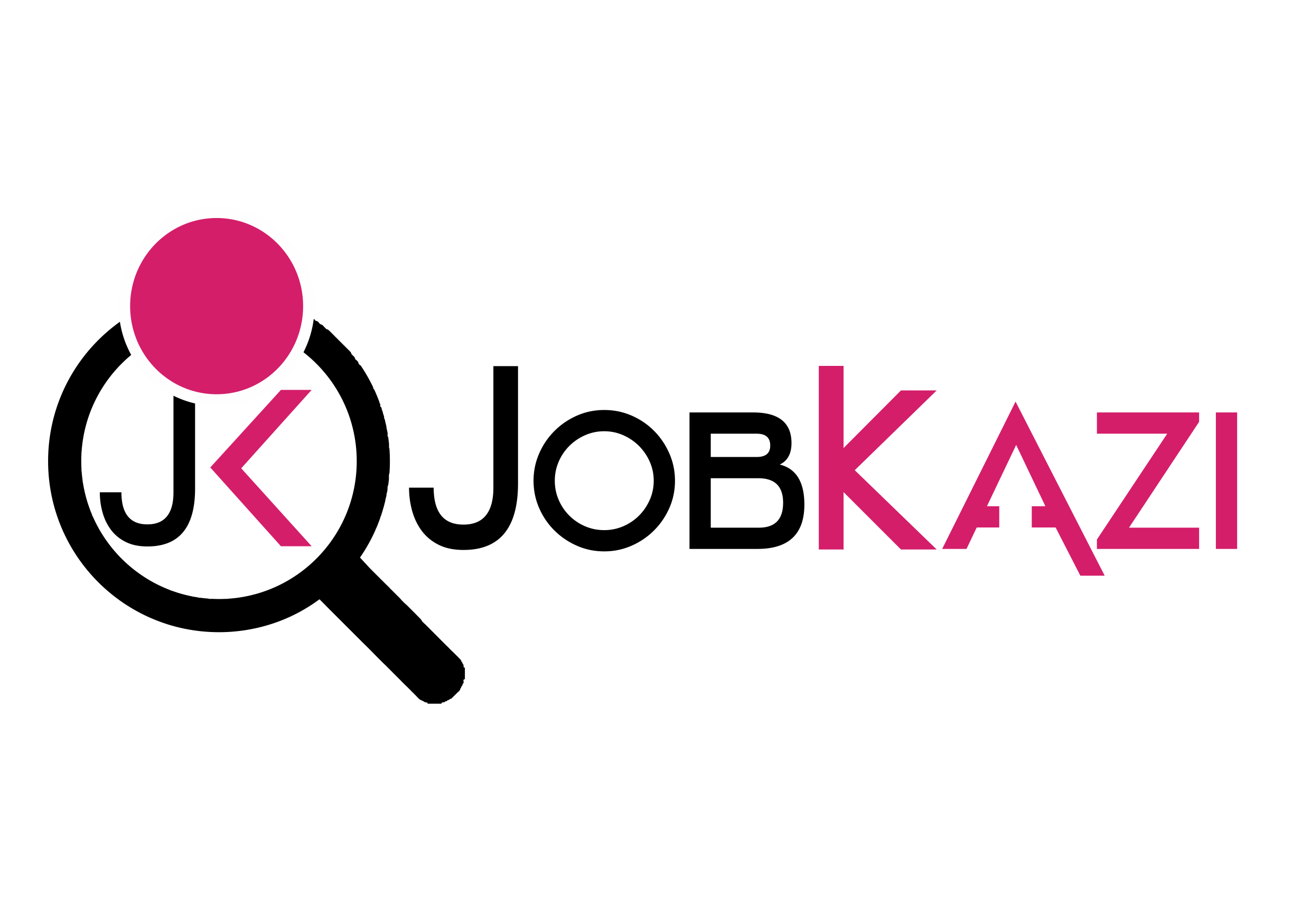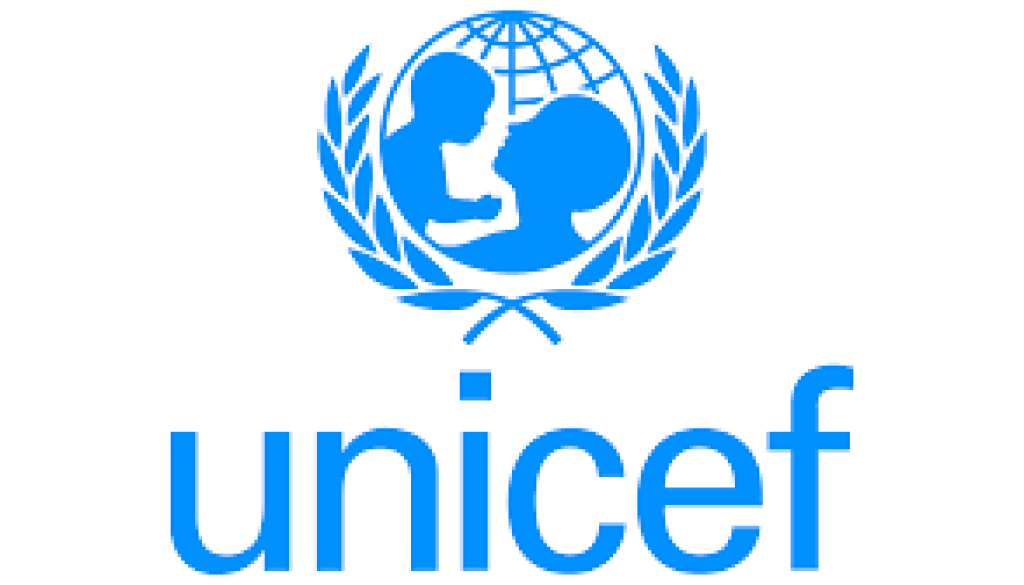Health Manager Vacancy-Job Ref: JKSOUNICEF/2504/202364

UNICEF
Health Manager Vacancy-Job Ref: JKSOUNICEF/2504/202364
Mogadishu (Somalia)
JOB DESCRIPTION
UNICEF works in over 190 countries and territories to save children’s lives, defend their rights, and help them fulfill their potential, from early childhood through adolescence.
At UNICEF, we are committed, passionate, and proud of what we do. Promoting the rights of every child is not just a job – it is a calling.
UNICEF is a place where careers are built: we offer our staff diverse opportunities for personal and professional development that will help them develop a fulfilling career while delivering on a rewarding mission. We pride ourselves on a culture that helps staff thrive, coupled with an attractive compensation and benefits package.
Visit our website to learn more about what we do at UNICEF.
For every child, Health
Purpose of the job:
Under the guidance of Chief of Health, the incumbent provides technical support on health systems strengthening to facilitate the achievement of concrete and sustainable results, synergies according to organizational and country specific strategic plans, donor and programme focus areas applying results based-management approaches meeting standards of performance aligned to existing accountability frameworks.
This position will coordinate the health systems strengthening function in the health section and provide high level technical advice at national and state levels on health systems strengthening.
The incumbent is required to effectively manage and coordinate implementation health systems strengthening resources channeled through UNICEF including GAVI, World Bank and the Global Fund ensuring complementarity of these funds to support resilient health systems strengthening. The incumbent will support the development of policies and strategies and implementation plans in the health sector to facilitate effective systems strengthening in prioritized areas.
This entails strong coordination with peer managers within UNICEF, strong engagement with the Ministries of health at the Federal and State levels including oversight mechanisms in to develop costed workplans and roadmaps, budgets, supervising programmes, ensuring that partners and activities are well coordinated, and facilitate regular management and coordination meetings with donors, partners and government.
How can you make a difference?
1. Programme development and planning
Lead efforts and provide technical support and guidance for design and updating of situation analysis that identify underserved/ priority populations groups, main causes of morbidity and mortality, identify priority health systems strengthening interventions, bottlenecks and support government to identify effective solutions guided by costed plans and operational targets.
Lead UNICEF’s efforts on HSS connecting national and sub-national levels with a focus on sub-national management capacity and community engagement based on sound policies and strategies and costed operational plans.
Lead efforts both internally and externally to harmonize programmes and resources on specific areas of focus of health systems strengthening which include but not limited to Improving data information systems, procurement and supply chain management, human resources for health and community health systems.
Support, prepare, coordinate and/or supervise the formulation of HSS programme recommendations, alignment of HSS workplans for funds channeled through UNICEF and related documentation as a component of the Country Programme, establishing clear programme goals, objectives, strategies, and results based on results-based planning.
Lead and coordinate UNICEF’s team, government and partners in programme development and planning for resources available. Including support to formulate and develop strategies, methodologies, and new approaches for improving programme delivery.
Ensure alignment of the sectoral programme with UNICEF’s Strategic Plans, Country Programme, UN Development Assistance Framework (UNDF), regional strategies as well as national priorities, plans and competencies.
2. Programme management, monitoring and delivery of results
Plan, monitor and verify the optimum and appropriate use of sectoral programme resources (financial, administrative, and other assets) confirming compliance with organizational rules, regulations/procedures and donor commitments, standards of accountability and integrity, ensuring timely reporting and liquidation of resources.
Lead and manage grants available such as the Global Funds and others ensuring that UNICEF meets core responsibilities and requirements. Ensuring effective programming, guiding the development and oversee implementation of allocations, implementation of workplans, achieving set milestones and targets as set out in the grant making process.
Take appropriate actions to optimize use of programme funds. Prepare programmatic budgets in line with donor conditions ensuring proper utilization and accountability, and that activities are within established plans of action, and the programme budget allotments. Accountable to ensuring effective financial management, procurement and supplies management and overall effective partnership management of sub-grantees / delivery partners.
Ensure monitoring benchmarks, performance indicators and measurements to assess and strengthen performance accountability, coherence and delivery of concrete and sustainable results are in place and corrective actions taken as needed and required.
Initiate coordinate and implement monitoring and evaluation exercises, programme reviews and annual sectoral reviews with the Federal and State Ministries of Health and other counterparts to assess progress and to determine required action/interventions to achieve results.
Conduct field assessment visits and surveys to monitor and evaluate programme implementation and effectiveness, identify problems and institute timely remedial measures. Identify alternative courses of action to accelerate/improve programme delivery. In coordination and collaboration with other professional colleagues, establish and develop effective information and reporting systems to monitor and evaluate the impact of the programme and achievement of targeted goals.
Provide effective leadership, supervision, and support to the team by providing clear objectives, goals, directions, and guidance to enable them to perform their duties responsibly, effectively, and efficiently, and maintain continuous integration and cross sectorial work with other sections colleagues, to ensure synergy and reach better comprehensive results for children and women.
Develop partnerships with local and international non-government organizations, community-based institutions, religious groups, and health authorities. Guide and build the capacities of partners so that the goals of the programme are met, and donor rules respected.
3. Technical support and thought leadership
Ensure integration of common approaches and strengthen synergies within health grants on systems strengthening. Work closely with other section health managers and the Chief of health to ensure integration of results and a harmonized approach to maximize impact of the section interventions.
Collaborate and support key government officials, NGO partners, UN system partners and other country office partners/donors on policies, strategies, best practices, and approaches on HSS supporting alignment to government priorities and synergies across different HSS initiatives in the country.
Provide technical support to government in its efforts to strengthen sustainable health systems strengthening and ensuring supported HSS initiatives are institutionalized, government led and sustainable. While ensuring complementarity of UNICEF’s contribution to broader health sector investments on HSS.
Lead efforts and provide technical support to government ministries of health on resilient health systems, especially at the district and community levels supporting the development of systems adaptable to reconfigure resources in response to new threats and robust enough to with stand shocks and equipped with monitoring and accountability systems that can detect and respond to new challenges. Working closely with field offices providing relevant guidance on similar engagement on ground.
Participate in strategic programme discussions and planning to provide cutting-edge technical advice and to contribute to policy discussions and agenda setting to promote the HSS agenda and sustainable financing for health.
4. Advocacy, networking, and partnership building
Build and sustain effective close working partnerships with health sector government counterparts, national stakeholders, donors to facilitate synergies between UNICEF supported areas and other donor supported areas and achievement of UNICEF programme goals.
Represent UNICEF in external meetings and donor meetings, ensuring that UNICEF’s core commitments to children are being addressed.
Prepare communication and information materials for SCO advocacy to promote awareness, establish partnerships/alliances, and support fund raising for health programmes with a focus on HSS.
Collaborate and consult with key government officials, NGO partners, especially, UN system partners and other country office partners/donors on policies, strategies, best practices, and approaches on health-related issues to support programme development planning, management, implementation, and delivery of results.
Participate in strategic programme discussions and planning to provide technical advice and to contribute to policy discussions and agenda setting to promote health and development issues especially in the areas of gender, resilient health systems in emergencies, child survival and development as well as private sector engagement and regulatory action. Participate and/or represent UNICEF in appropriate inter-agency discussions and planning on health-related issues; collaborate with inter-agency partners/colleagues on UNCF joint work plan planning and preparation of health programmes /projects, ensuring organizational position, interests and priorities are fully considered and integrated in the UNCF process in development planning and agenda setting.
5. Innovation, knowledge management and capacity building
Promote critical thinking, innovative approaches, and good practices for sustainable HSS initiatives.
Keep abreast, research, benchmark, and implement best and context informed resilient, sustainable health systems. Institutionalize and share best practices and knowledge learned.
Contribute to the development of policies and procedures and introduce innovation and best practices to ensure optimum efficiency and efficacy of sustainable programmes and projects.
Lead, plan and implement capacity building initiatives to enhance the competencies of stakeholders to promote sustainable results on HSS programmes /projects.
Prepare policy papers, briefs, case studies and other strategic programme materials for management use, information and/or consideration to influence policy, advisory services, and technical support.
To qualify as an advocate for every child you will have…
The following minimum requirements:
• Education: An advanced university degree (equivalent to a Master’s) from an accredited institution is required in medicine or public health, preferably with emphasis on HSS. A degree in strategic or programme management is considered an asset.
• Work Experience: At least 8 years’ of professional experience in large scale health programmes with a focus on HSS in multiple and diverse contexts.
Professional experience in programme formulation, planning, management, and evaluation of health programmes.
Relevant experience in a UN system agency or organization is considered as an asset.
• Language Requirements: Fluency in English is required.
The following desirables:
• Developing country work experience and/or familiarity with emergency.
• Language: Knowledge of another official UN language (Arabic, Chinese, French, Russian or Spanish) or a local language.
Please click on the button below to Apply

